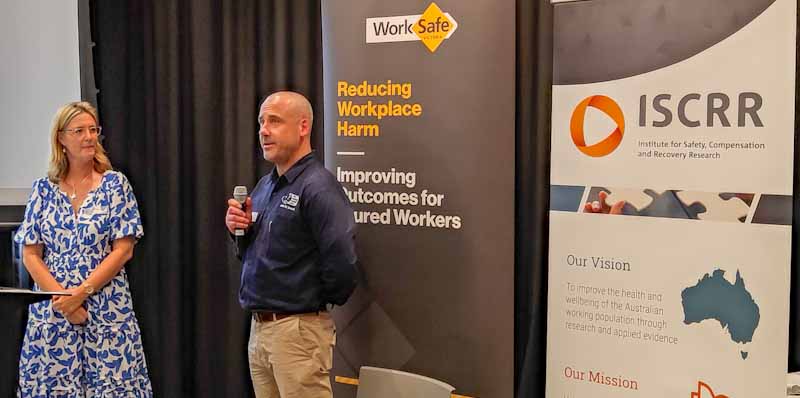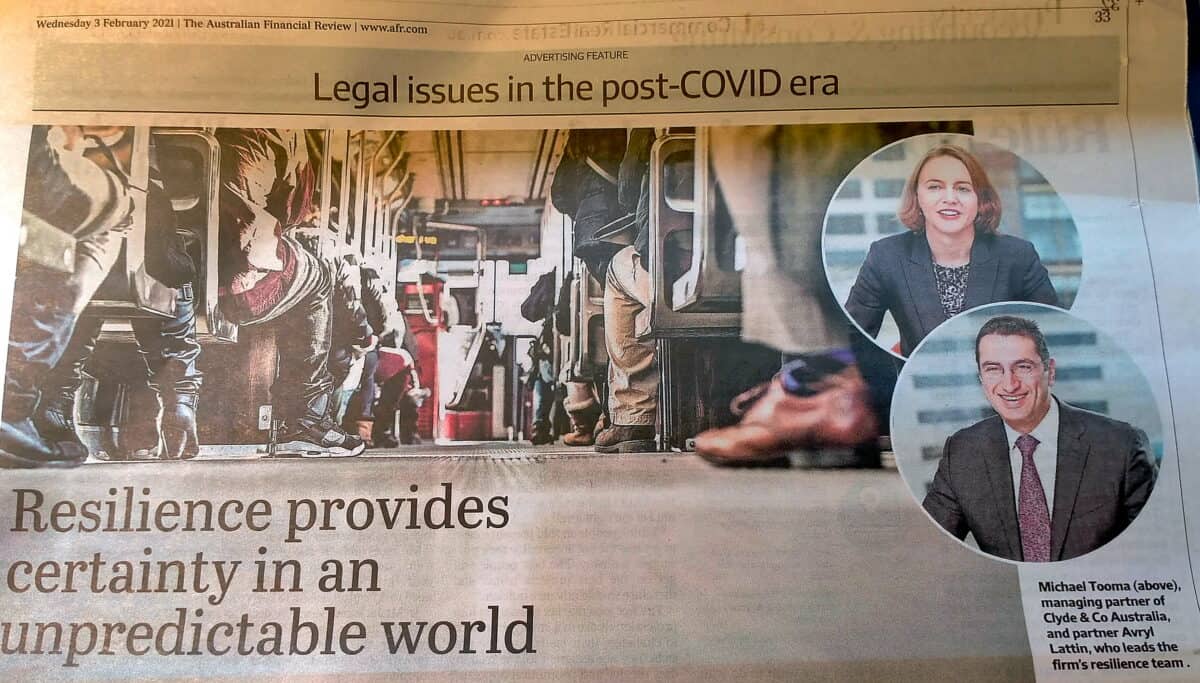Analyse the OHS system rather than the incident
Is it reasonable to apply the findings of a coronial inquiry into a theme park disaster to a “low-risk” administrative office environment? Well, one occupational health and safety management system (OHSMS) is much like another. Administrative and office work environments are much less likely to experience work-related traumatic deaths as there are few unguarded conveyor belts …







